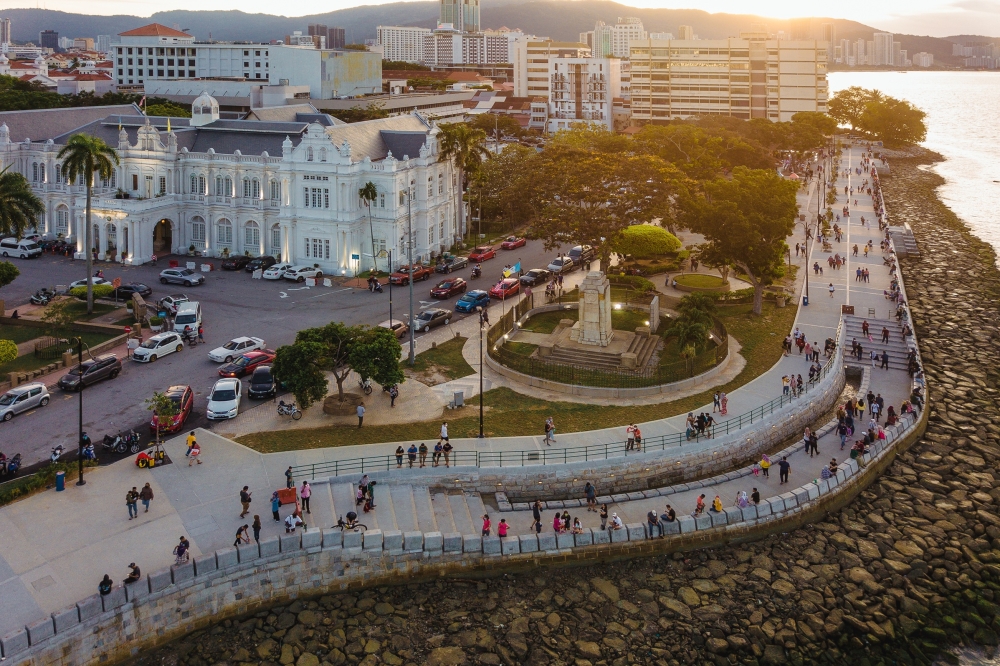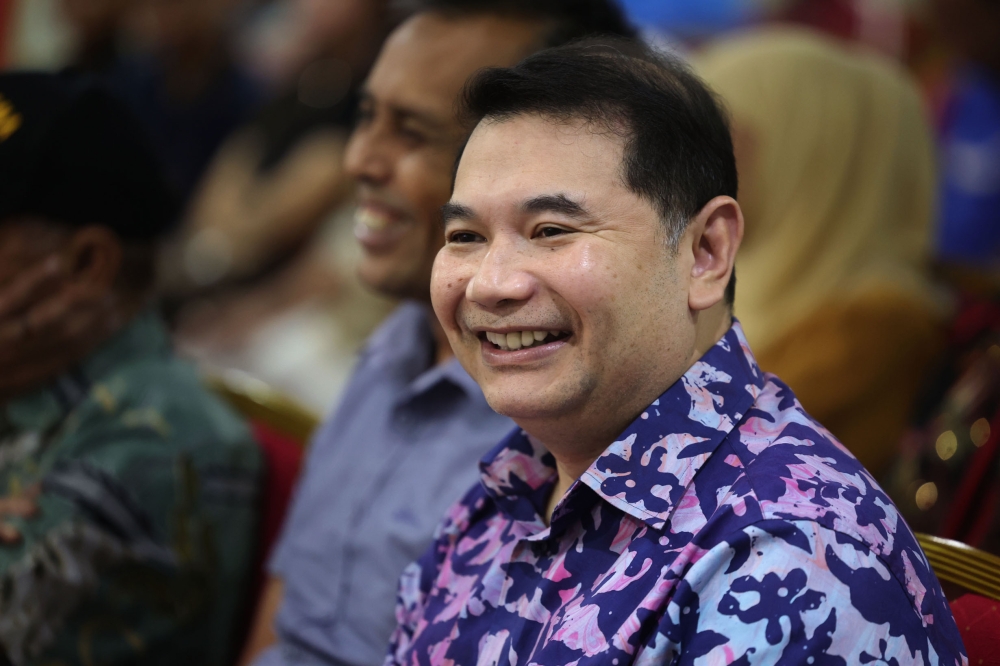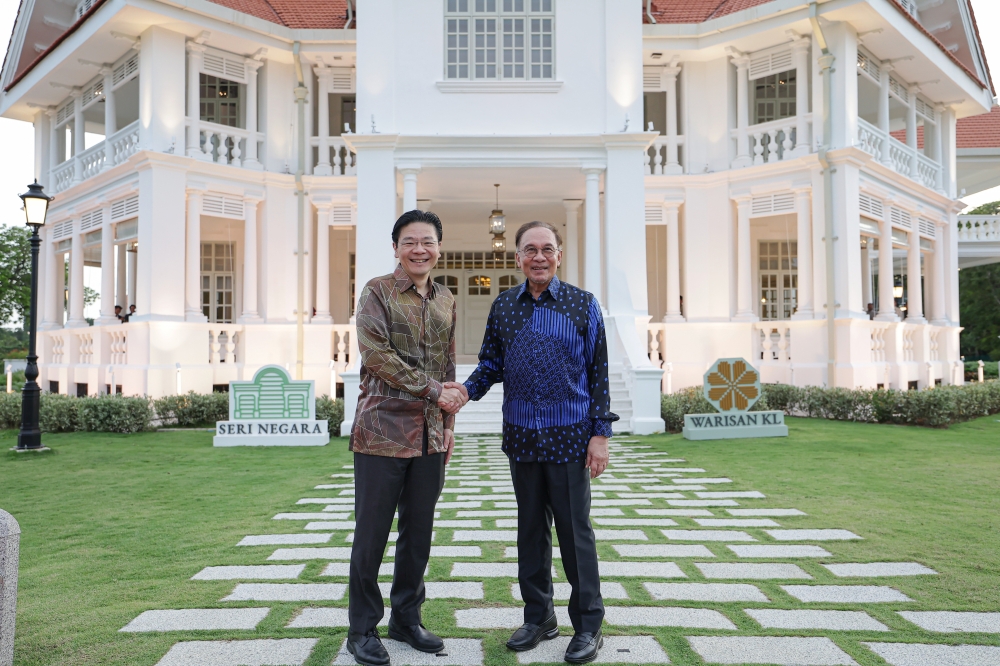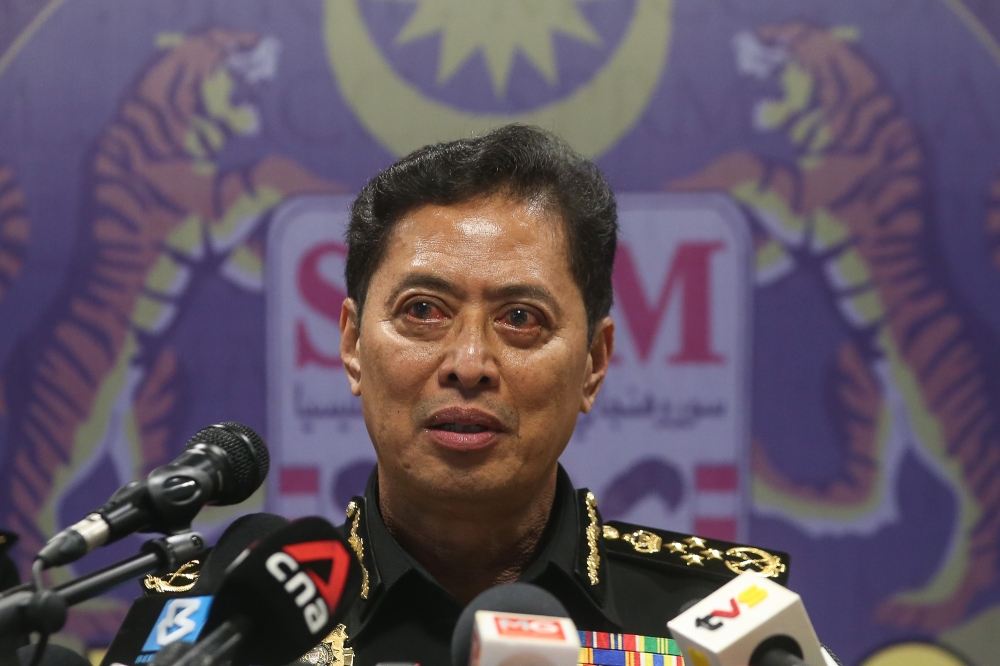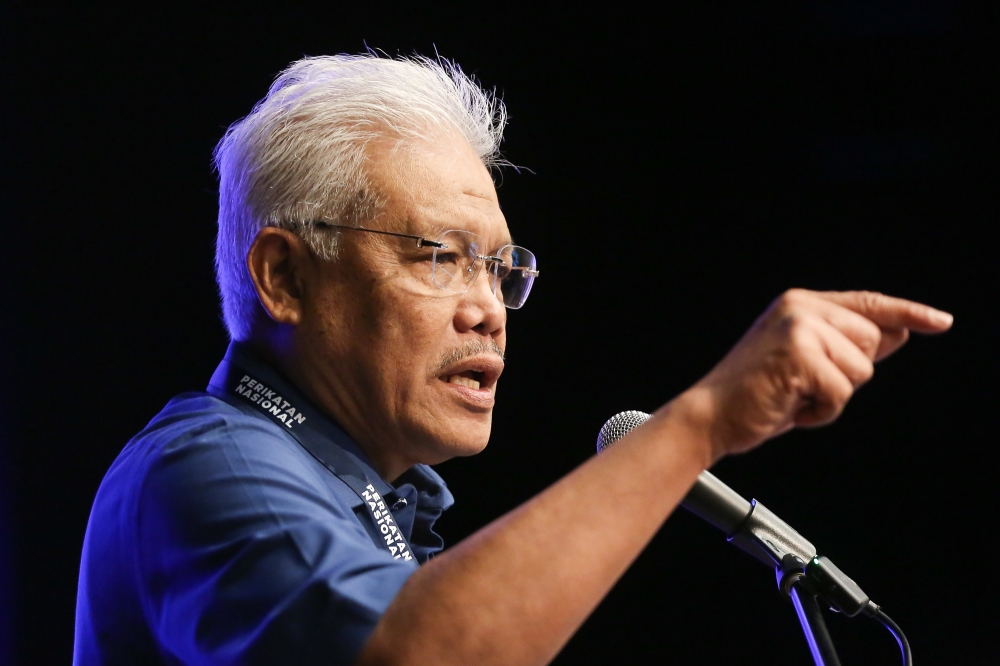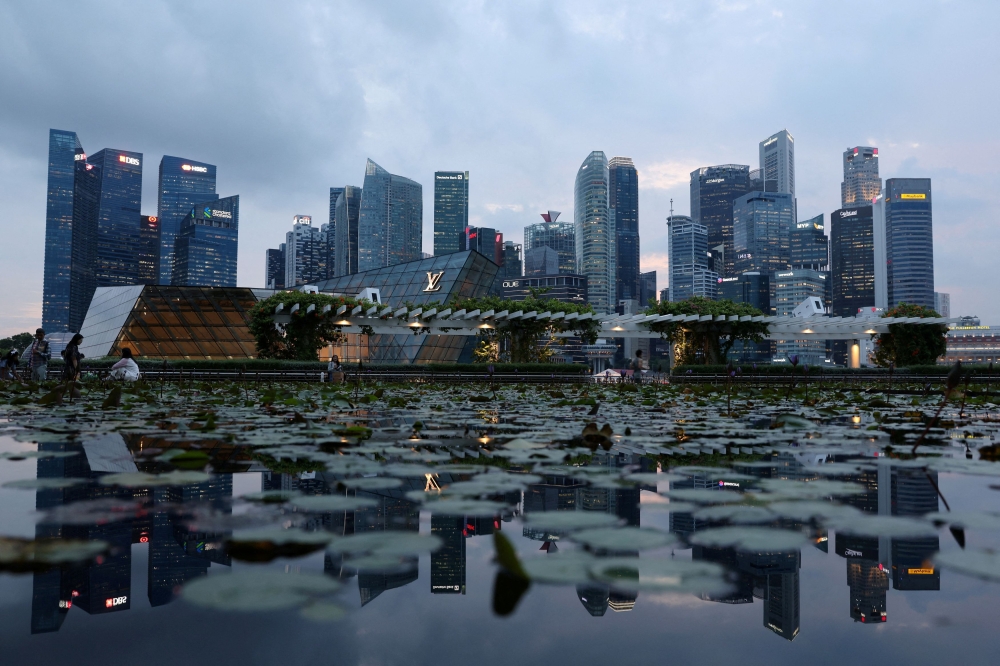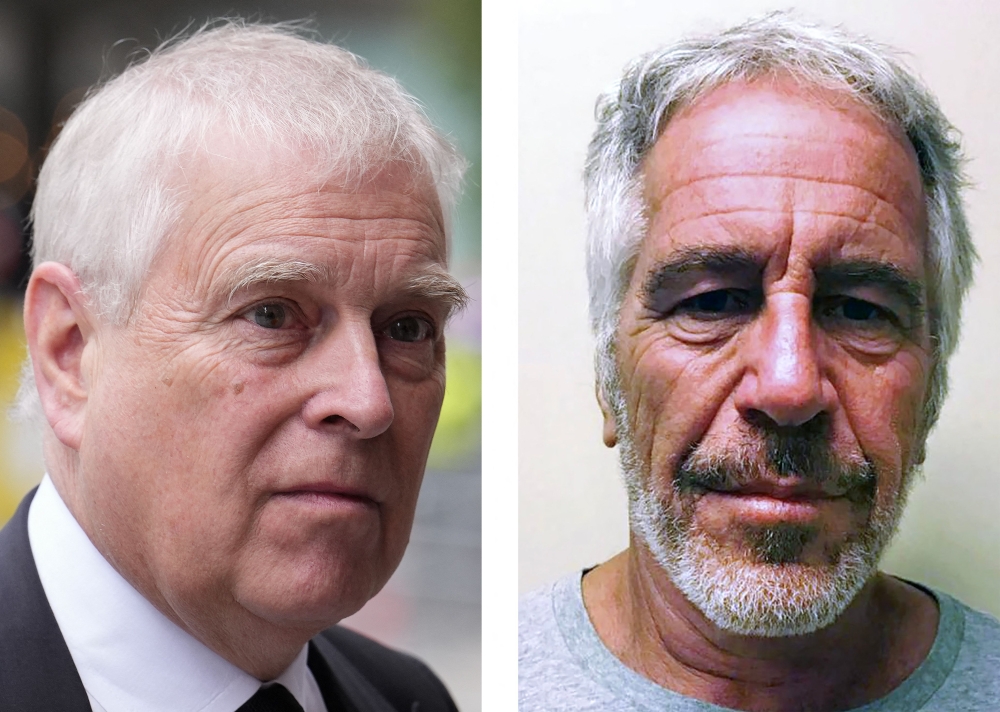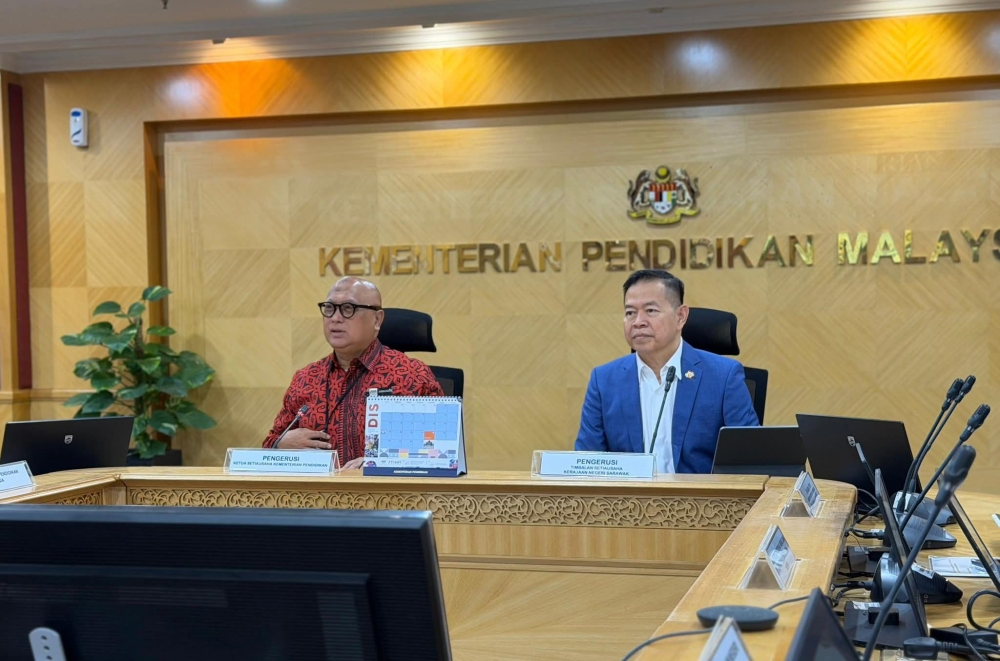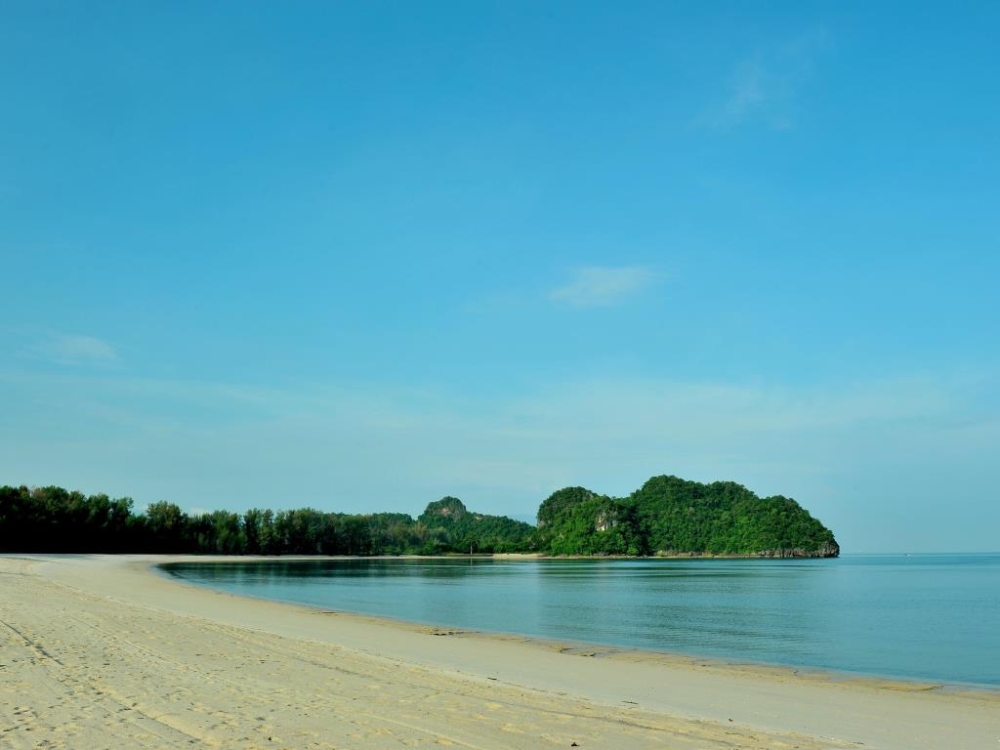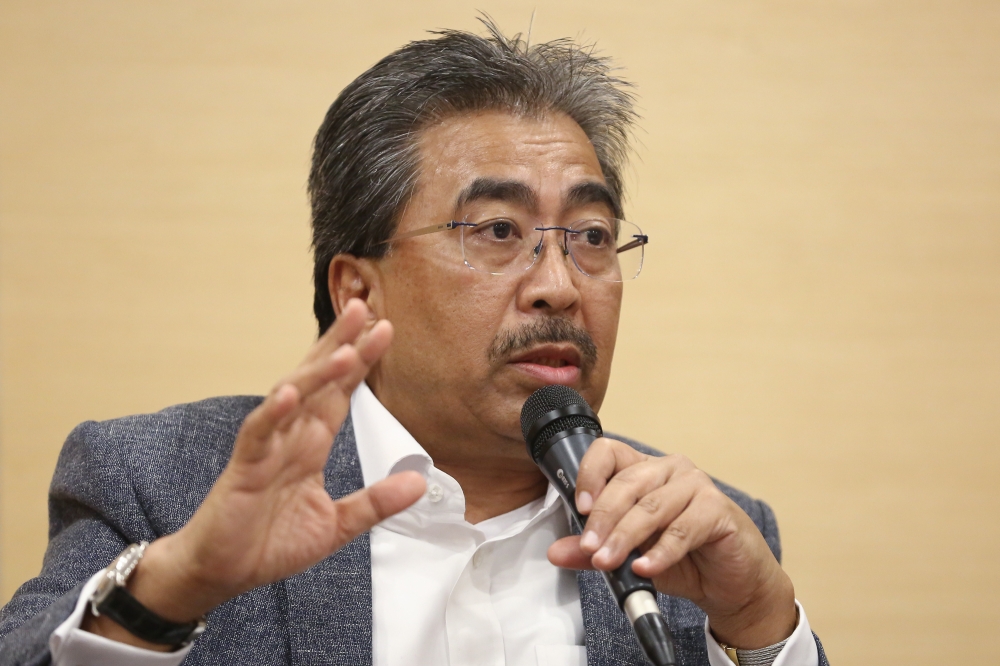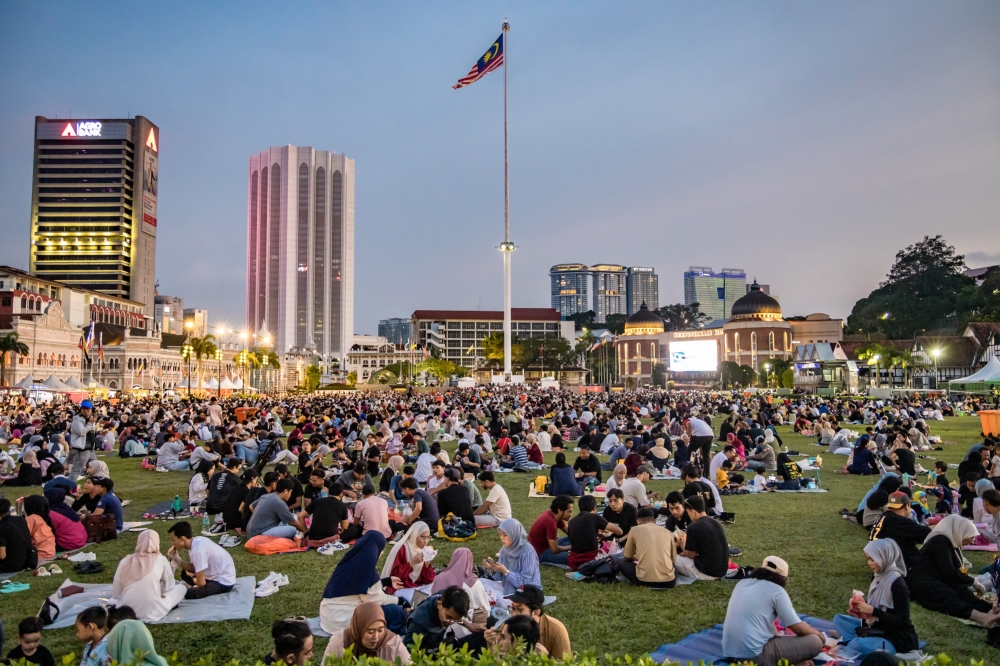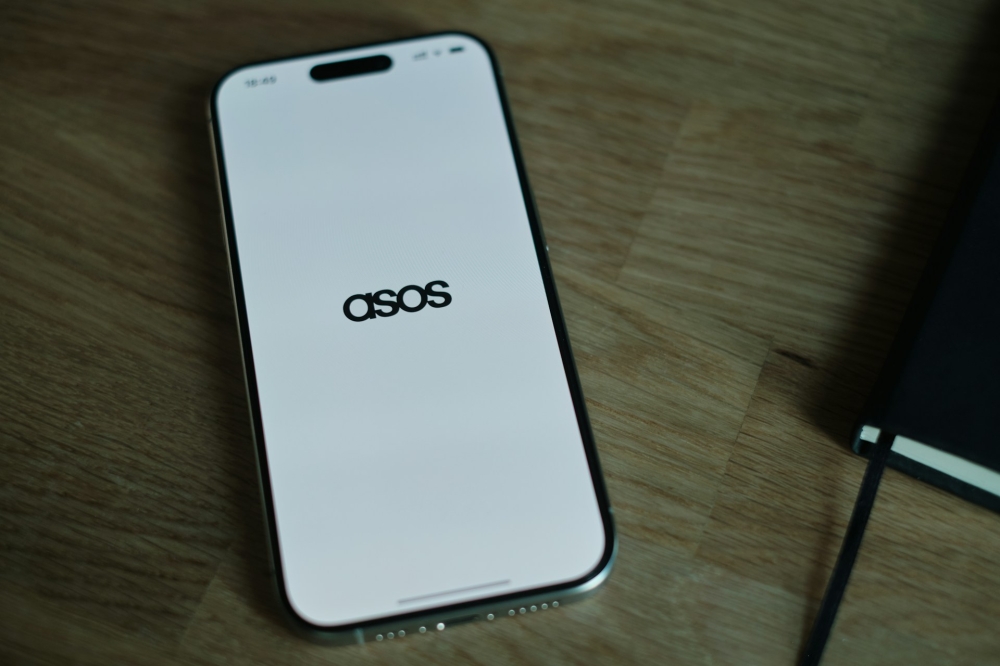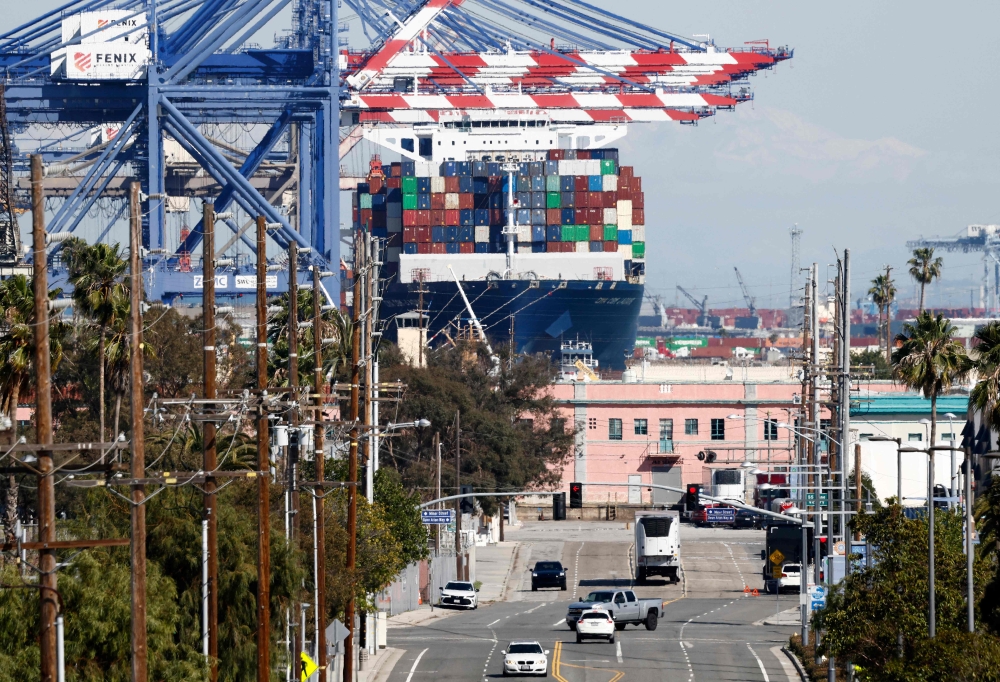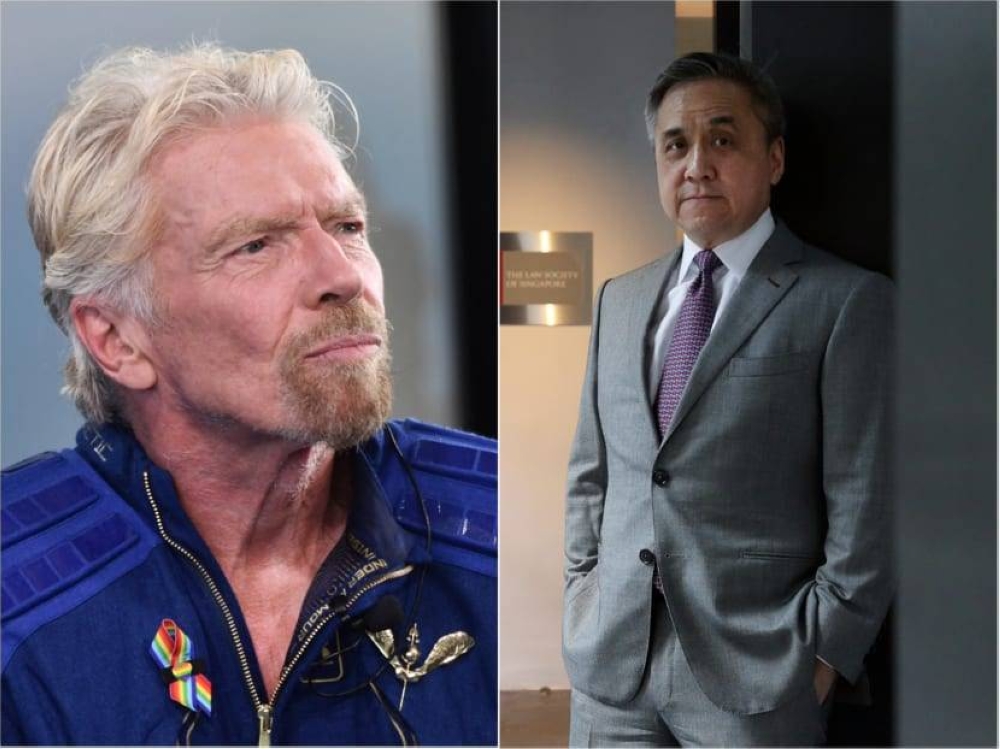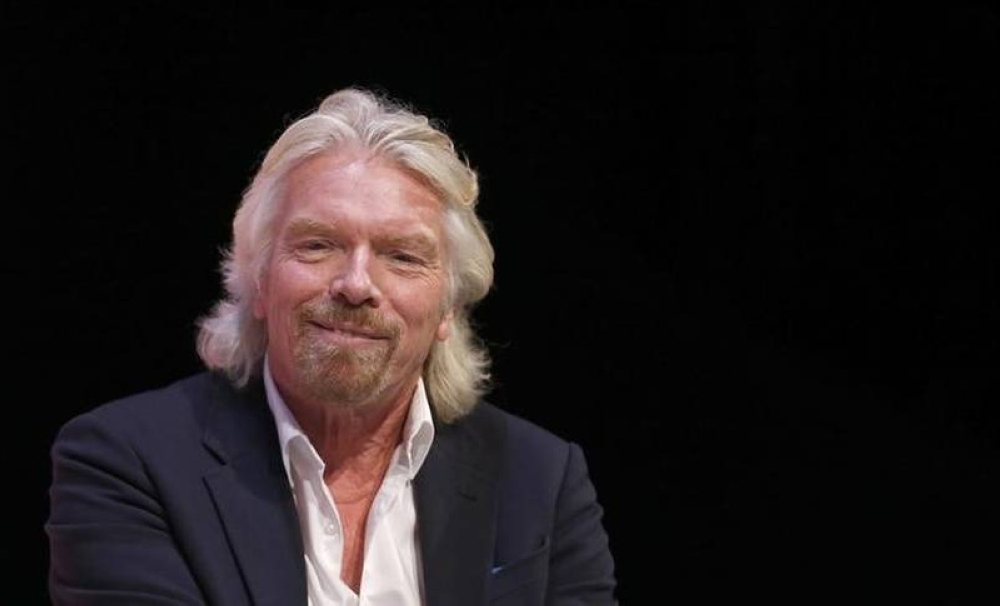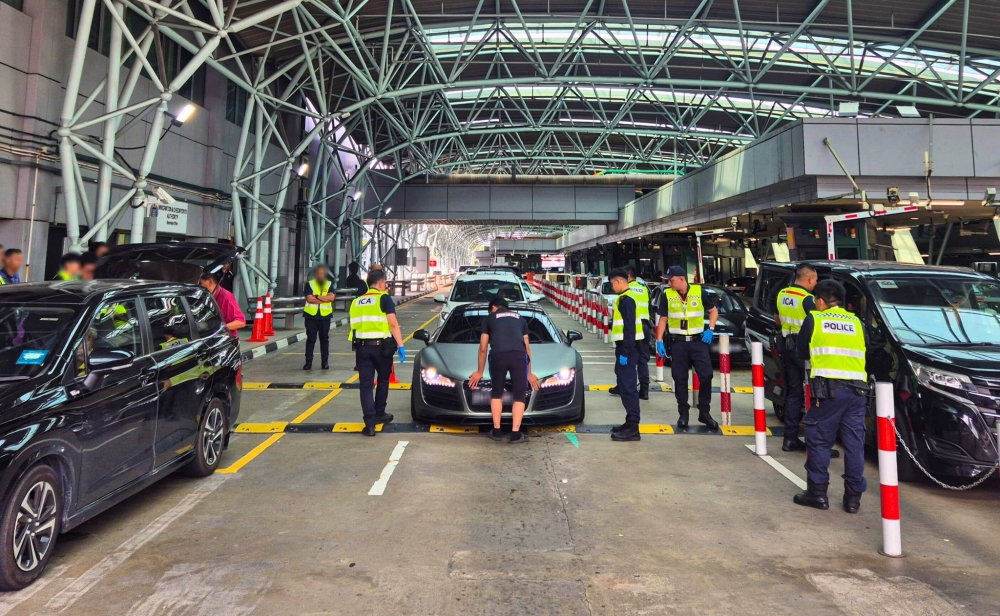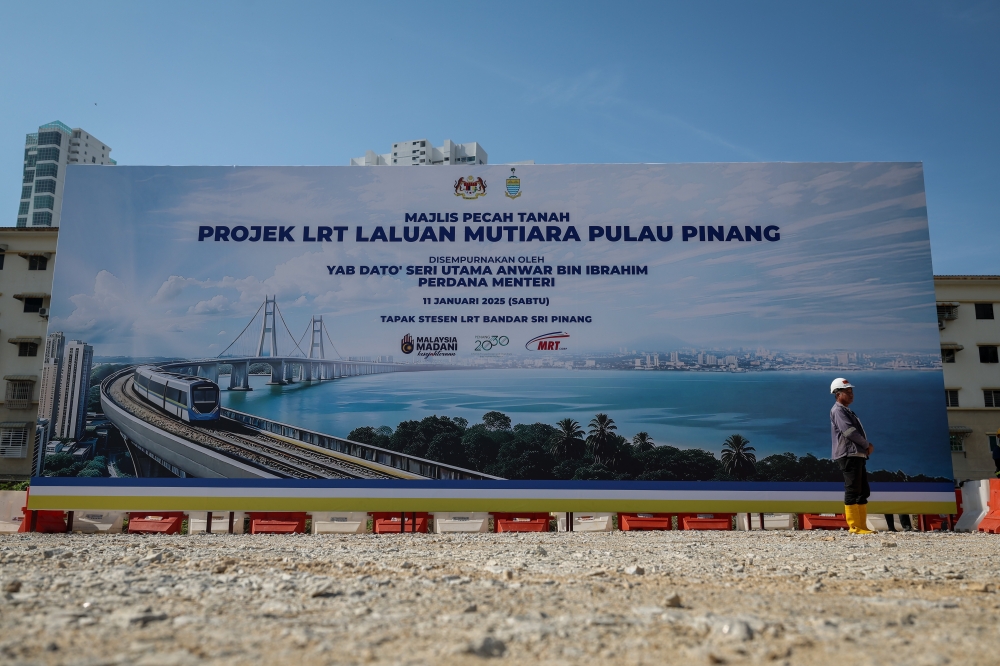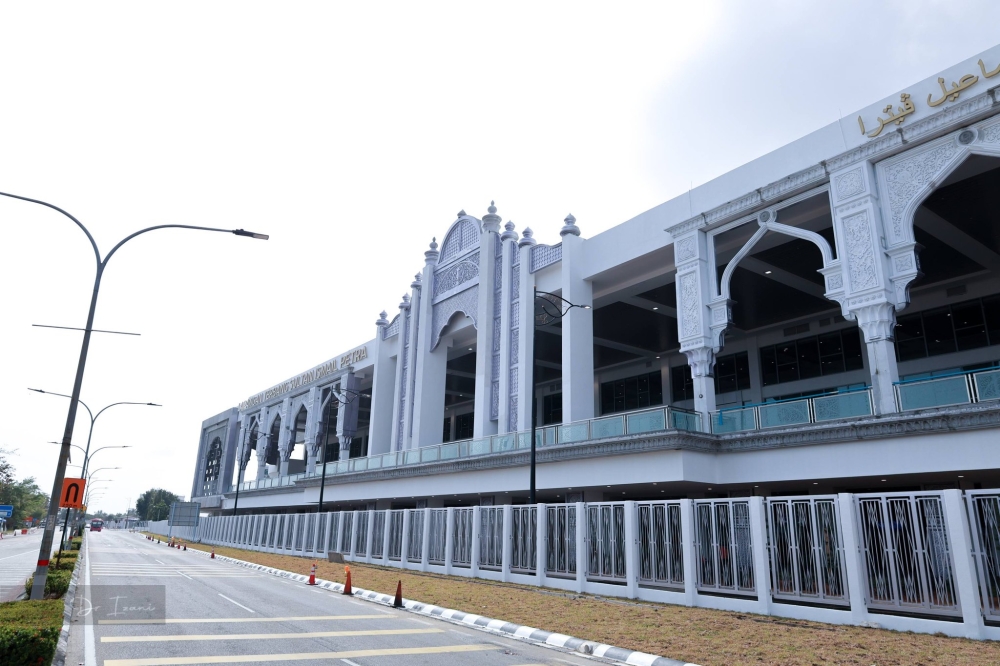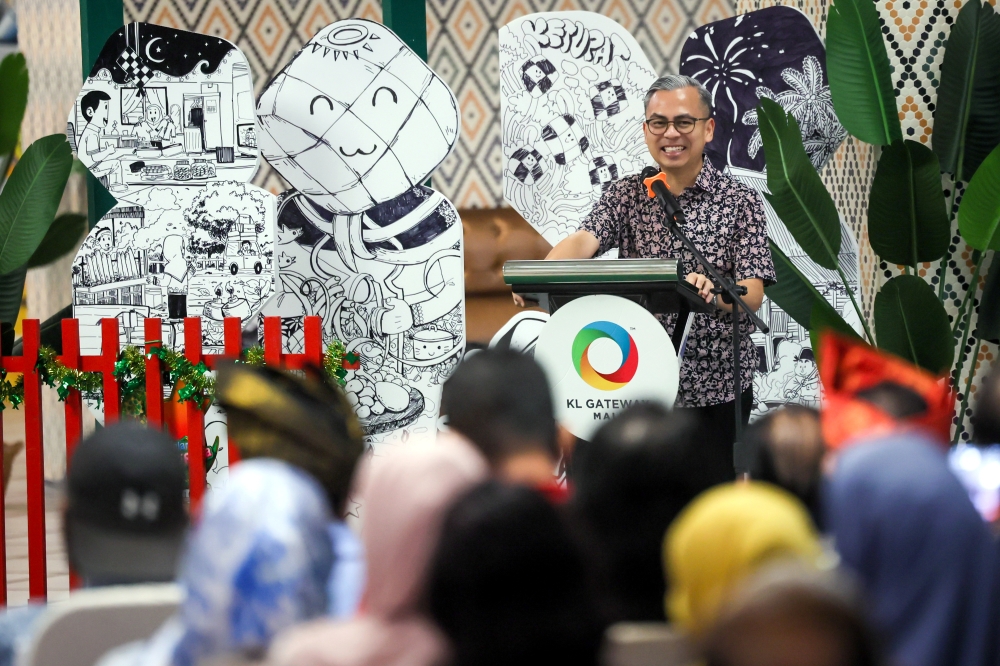SINGAPORE, Nov 2 — Adrian Tan, president of the Law Society of Singapore (LawSoc), has hit back at Richard Branson, saying that the British billionaire’s reasons for declining an invitation to a televised debate on Singapore’s drug laws “don’t make sense”.
In a sharp criticism on social networking site LinkedIn yesterday, Tan sought to poke holes in Branson’s argument for rejecting the debate, and questioned the business magnate’s motives for advocating against Singapore’s use of the death penalty.
“Maybe, Branson doesn’t want to be tested on his knowledge of the Singapore situation on live TV. It’s surprising because, from reading his blog, you would assume that Branson knows so much about us already,” Tan wrote.
“I want to ask Branson: Were you just teasing us? Were you never really serious about this issue? Was it just some social media thing that you had to do because you needed a trendy cause to champion?
“I hope not. I thought you were sincere.”
Branson, founder of multinational conglomerate Virgin Group, is a long-time campaigner against capital punishment around the world.
Earlier this year, the entrepreneur pleaded for clemency for Malaysian drug trafficker Nagaenthran Dharmalingam — who has since been executed in Singapore — alongside British actor Stephen Fry and a group of British members of parliament.
On October 22, the Ministry of Home Affairs had invited Branson to a live televised debate — with flight and accommodations fully paid for — after rebutting several of Branson’s earlier comments on Singapore’s drug laws.
Branson declined the offer on Monday. Writing on his personal blog, he said: “A television debate — limited in time and scope, always at risk of prioritising personalities over issues — cannot do the complexity of the death penalty any service.”
In response, Tan said that using the lack of time as justification was a “feeble excuse”, since the ministry would have given Branson as much time as he wanted.
Furthermore, the debate would not be limited in scope, Tan added. “The scope would be exactly what he’s been talking about: The death penalty in Singapore.”
In rejecting the debate, Branson said that his calls to end the death penalty in Singapore had been inspired by advocates here and urged the Government to engage these activists instead.
“What Singapore really needs is a constructive, lasting dialogue involving multiple stakeholders,” Branson wrote. “This conversation needs local voices.”
To that, Tan said: “It’s funny that Branson says that. For the longest time, Singaporeans have been saying the same thing to him... that he is not a stakeholder, and he’s not a local voice.
“But it’s never stopped Branson from telling Singaporeans what to do.”
Tan harked back to how Britain waged war against China in the 19th century for enacting tough laws, including the death penalty, against opium traffickers.
China was trying to clamp down on the trade of opium sold by foreign traders such as the British, in part due to the widespread addiction to opium that was causing social and economic problems there.
“Fast forward to the 21st century. Once again, there is an Asian government, Singapore, enacting tough laws against traffickers, including the death penalty, to protect its own population.
“Once more, an Englishman, Richard Branson, objects to an Asian country’s laws because they don’t conform to his principles,” wrote Tan, who is also a partner at TSMP Law Corporation.
He added: “Branson has been blogging about Singapore’s drug laws. His latest blog ‘What’s the matter with Singapore?’ prompted Singapore Law Minister K Shanmugam to invite him to debate in Singapore.
“It was a once in a lifetime opportunity for one Englishman to address an entire colony (sorry, independent republic) about what we are doing wrong. Anyway, this 2022 version of the Opium War didn’t pan out. Branson retreated.”
In the comments section of his post, Tan said: “Branson doesn’t have to tell the (Singapore) Government to engage stakeholders. That’s already being done. We don’t need this English billionaire to tell us what to do.”
As for his own views on the death penalty, Tan said that he had changed his views on it over the course of his life and keeps an open mind.
“I want to hear serious debate on it. But it should be by people who are well-informed and familiar with the facts.”
In an email to TODAY, Tan said he was disappointed that Branson does not want to come to Singapore after having written about the country.
“But I do agree with Branson when he says that, in discussing this topic, we should heed local voices and Singaporean stakeholders,” he continued.
“It’s a Singapore issue, after all. We live on this island, and we are the ones who must live with the consequences of our decisions.” — TODAY

